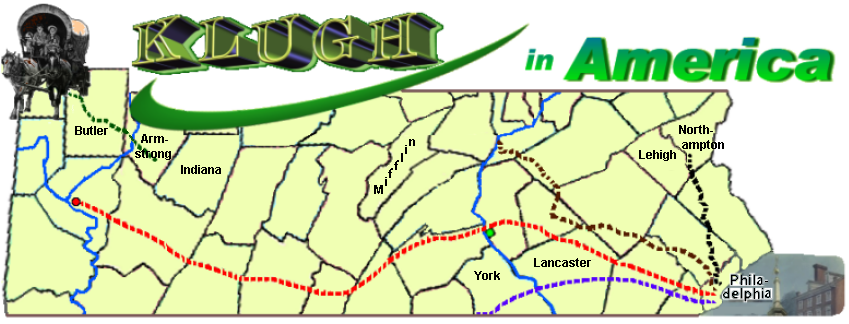
Evidence and Citation - If You Don't Read Anything Else on this Website - READ THIS!
Primary, Secondary and Tertiary Knowledge
It's one thing for someone to say who his or her parents or grandparents were. I would say most people know that (although I did have one guy say the following to me one year: "I don't know why you should think you knew who your grandparents were." He then looked down, furled his eyebrows, swallowed as if for effect, looked back up at me and added: "I didn't know who mine were." I didn't know whether to hit him or hug him.) I know who my mom and dad were. I know who my maternal and paternal grandmothers were. By "know" I mean we lived together or visited each other. They both told my brothers and I who our respective grandfathers were. We know from personal experience who our parents' siblings were. We know who our cousins are. We know who our children and grandchildren are. We know who our children's spouses are. All that is called first-hand or, primary knowledge.
"But I heard Aunt Emma say it!"
On the other hand, for someone to say they heard so-and-so say something at a family gathering while walking by briefly twenty years earlier, that's called secondary knowledge. It just might be true, but we have to ask how they know it. If the information was about yet another family member previously saying this-or-that, then that's third-hand or tertiary knowledge. If they say "I heard it said that..." without giving a name of who said it, then that's only hearsay and is suspect. Hearsay isn't acceptable when doing genealogical research. Sincere genealogical research is also NOT the place for sentimentalism. On the other hand, if you can't resist the urge to include something unsubstantated, then at the very least, include a Proviso that explains that that particular piece of data is only hearsay and is yet unproven. For example:
When researching one of the more mysterious figures in our family line, John Klugh, one amature on ancestry.com suggested he knows who John's father was. His "proof" goes something like this: We know John married Elizabeth Hepler. We also know that Elizabeth was born around 1830. Even if John was ten years older than Liz, then that places John's birth around 1820 (plus or minus a few years). The researcher then found a Klugh that had a "John" who was a baby in 1820 and automatically concluded that that John was our John.
That's not only wishful thinking, it's just plain sloppy and very unprofessional genealogical research that leads sincere seekers down the wrong genealogical path.
Knowledge vs Evidence
Everything I've told you so far falls under the heading of "Knowledge". "Evidence" is something else entirely. Documentation - and sometimes a document that can be cross-referenced with another, is of utmost importance. Evidence can also be divided into primary, secondary and tertiary. An original document is a Primary document. Your original Birth Certificate is a Primary document. Another Birth Certificate made from the data found on your original Birth Certificate is a Secondary document. It's not the original, but all the data on it is the same. A copy of the Secondary document, whether photocopied, hand-written or typed is a Tertiary document.
Then there's the question of whether the document is Official with an official seal of some sort. Most of the time you won't need an official seal stamped or embossed on your document. Other times you will.
And to add more to the mix, there's how you list (cite) your sources and to the different types of sources themselves whether they're in print, on microfilm, on microfiche, from another web site, e-books, CDs, or DVDs.
Evidence is important, and with that I suggest you start with these very wonderful hardcover books - both written by Elizabeth Shown Mills:
1997 - Table of Content:
|
2009 - Table of Content:
|
(c) July 4, 2011: (All rights reserved)